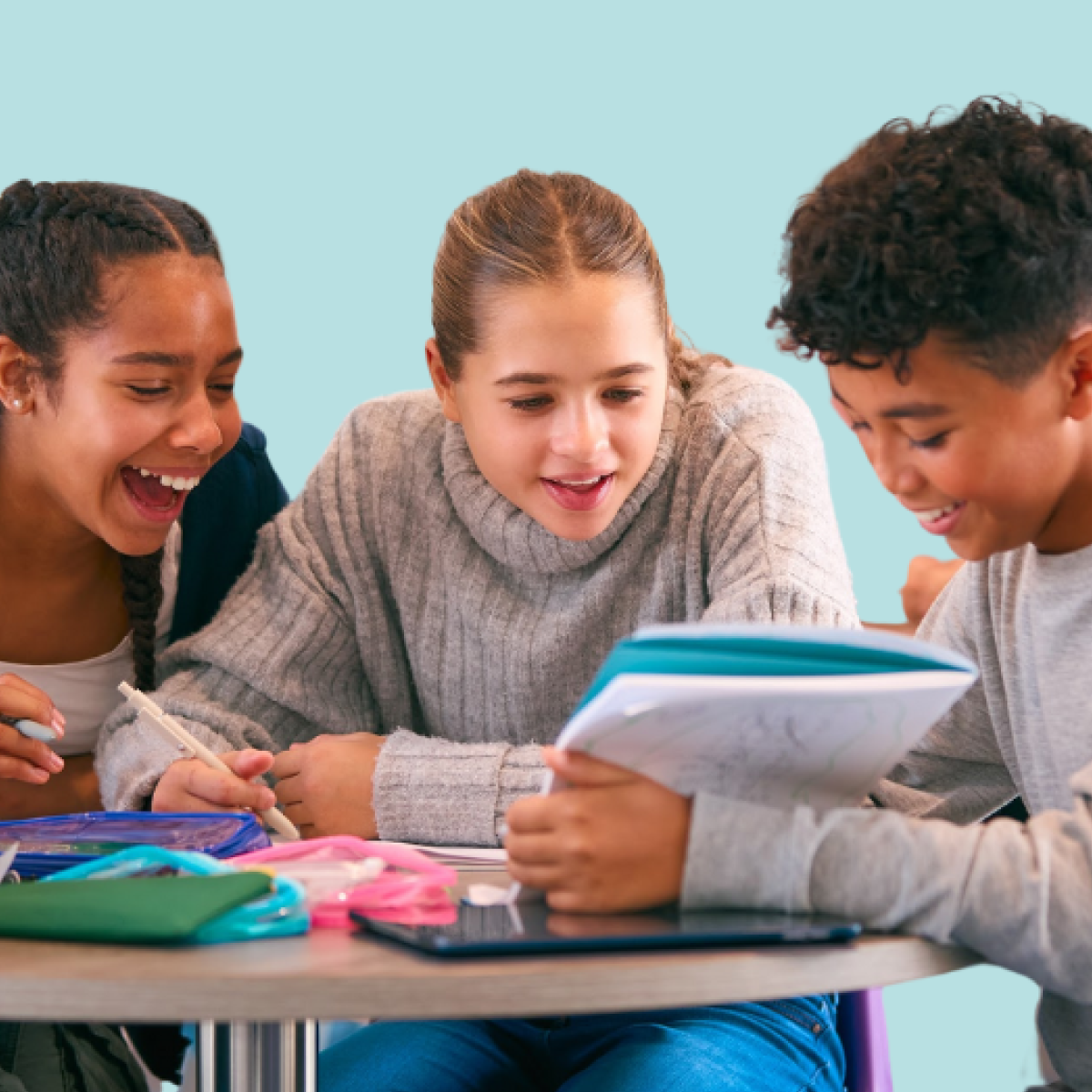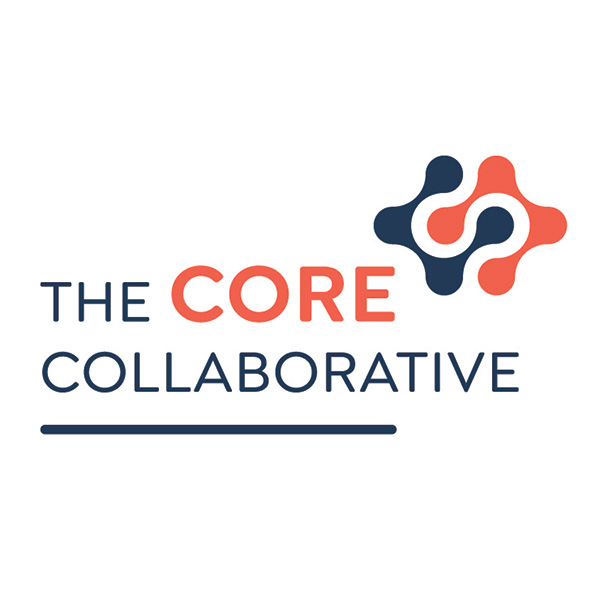At the center of The Core Collaborative’s mission lies a value that transcends all others:
We believe all learners have voices that should be heard; if we listen, they will lead the way.
This belief is not just an aspirational statement; it’s a profound recognition of the inherent potential and wisdom within every student. It’s about understanding that each learner brings a unique perspective shaped by their experiences, culture, identity, and aspirations. When we make the conscious choice to listen—truly listen—we open doors to deeper understanding, innovation, and progress. By valuing student voices, we are not only empowering them but also transforming the very nature of education from a one-way transmission of knowledge to a dynamic, collaborative process where students take an active role in shaping their learning and their futures.
 This commitment to elevating learner voices is foundational to creating learning environments where every student feels valued, heard, and capable of making a meaningful impact. It requires us, as educators, to shift our role from being the sole source of knowledge to becoming facilitators who guide and support students as they navigate their own learning journeys. When we embrace this shift, we unlock the potential for students to lead with confidence, creativity, and a sense of purpose. This core belief is a call to action for all educators to foster spaces where student voices are not just heard but are the driving force behind learning and school culture.
This commitment to elevating learner voices is foundational to creating learning environments where every student feels valued, heard, and capable of making a meaningful impact. It requires us, as educators, to shift our role from being the sole source of knowledge to becoming facilitators who guide and support students as they navigate their own learning journeys. When we embrace this shift, we unlock the potential for students to lead with confidence, creativity, and a sense of purpose. This core belief is a call to action for all educators to foster spaces where student voices are not just heard but are the driving force behind learning and school culture.
We want to celebrate three learning communities in Hawaii that are setting exemplary standards in living out this core value: Kamehameha Schools Maui, Sanford B. Dole Middle School, and Nānākuli Intermediate and High School. All three schools are launching innovative approaches to learner identity work, ensuring that every student has the opportunity to explore, express, and lead with their unique voice.
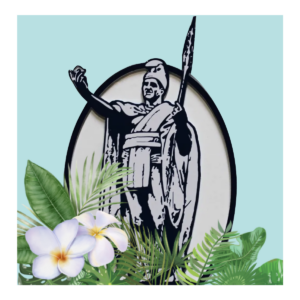 1. Kamehameha Maui: Developing ‘ŌIWI Leaders
1. Kamehameha Maui: Developing ‘ŌIWI Leaders
Kamehameha Schools Maui believes in Ku’upau, or giving their all to what matters most by going to the limit. Kamehameha Schools Maui graduates are ‘Ōiwi Leaders. They are curious explorers with a Hawaiian sense of culture and place – one that is deeply rooted in Maui and reflects the cherished values of ko Maui po’e kānaka.
Over the past couple of years, their school community has designed a portrait of a graduate that highlights the qualities of an ‘Ōiwi leader by embodying: 1) kama’āina (connectedness), 2) na’auao (curiosity), 3) koa (courage and commitment) and 4) mākaukau (preparedness).
This year the educators at Kamehameha Maui Māhele Lalo (Lower Division) are gathering student voice data by doing 1-1 interviews and focus groups related to the qualities of an ‘Ōiwi leader. They will analyze the evidence and take collective action to ensure that every student builds capacity with the abovementioned four qualities. They will gather voice data at the end of the year to better understand their impact. Their learning community wants to ensure that they are developing learners who go forth as culturally engaged servant leaders who create strong communities and make significant contributions to the greater world.
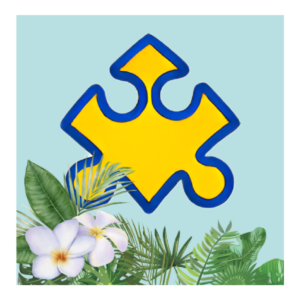 2. Sanford B. Dole Middle School: Cultivating a Culture of Voice
2. Sanford B. Dole Middle School: Cultivating a Culture of Voice
Dole Middle School has embarked on a transformative journey to center learner identity in every aspect of their educational experience. Understanding that each student brings a unique perspective shaped by their experiences, culture, and aspirations, the school has prioritized creating spaces where these identities are celebrated and explored.
Through a series of initiatives focused on self-reflection, storytelling, and peer-to-peer dialogue, Dole Middle School is helping students articulate who they are and what they stand for. By encouraging students to share their stories, the school is not only validating their experiences but also fostering a culture of empathy and understanding among peers. This work is more than just identity exploration; it’s about building confidence, agency, and a strong sense of belonging.
The school’s commitment to this work is evident in the way they’ve integrated it into their curriculum and school culture. Dole Middle School is proving that when students are given the time and space to express themselves, they step into leadership roles naturally and with purpose. Their engagement highlights the diverse voices within the student body whether from advisory periods dedicated to nurturing goal-directed behavior and deliberate practice or their interviews and focus groups exploring each student’s learner identity in every subject.
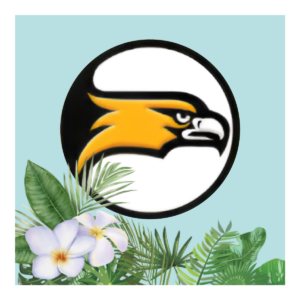 3. Nānākuli Intermediate-High: Leading with Identity in Mind
3. Nānākuli Intermediate-High: Leading with Identity in Mind
Nānākuli 6-12 is also at the forefront of empowering learner voices through their innovative identity work. Recognizing that students’ identities are deeply connected to student engagement, Nanakuli 6-12 has made it their mission to ensure that every learner’s voice is heard and respected.
This year, the school has launched learner identity surveys, focus groups, and 1-1 interviews aimed at amplifying student voices and placing learner identity at the center of the learning experience. By giving students the platform to speak about their lived experiences as learners, Nānākuli 6-12 is not only empowering them to take ownership of their learning but also modeling the importance of self-advocacy and agency.
Teachers are witnessing firsthand the power of listening to their students and following their lead. As a result, Nānākuli 6-12 is fostering a vibrant, inclusive, and student-centered learning environment where every voice matters.
Listening and Leading: A Call to Action
As we celebrate the transformative work of Sanford B. Dole Middle School and Nānākuli Intermediate and High School, we are reminded of the profound impact that comes from truly listening to our learners. When we listen to our learners, when we trust them to lead, we open the door to a future filled with limitless possibilities. The voices of our learners are ready to shape the world—let’s ensure they have the platform, the encouragement, and the belief that they can and will lead us to a brighter, more just, and more inclusive future.
Read more about amplifying student voice by reading “Knowing Our Students Well”, a blog devoted to gathering student voice data connected to learner identity.


